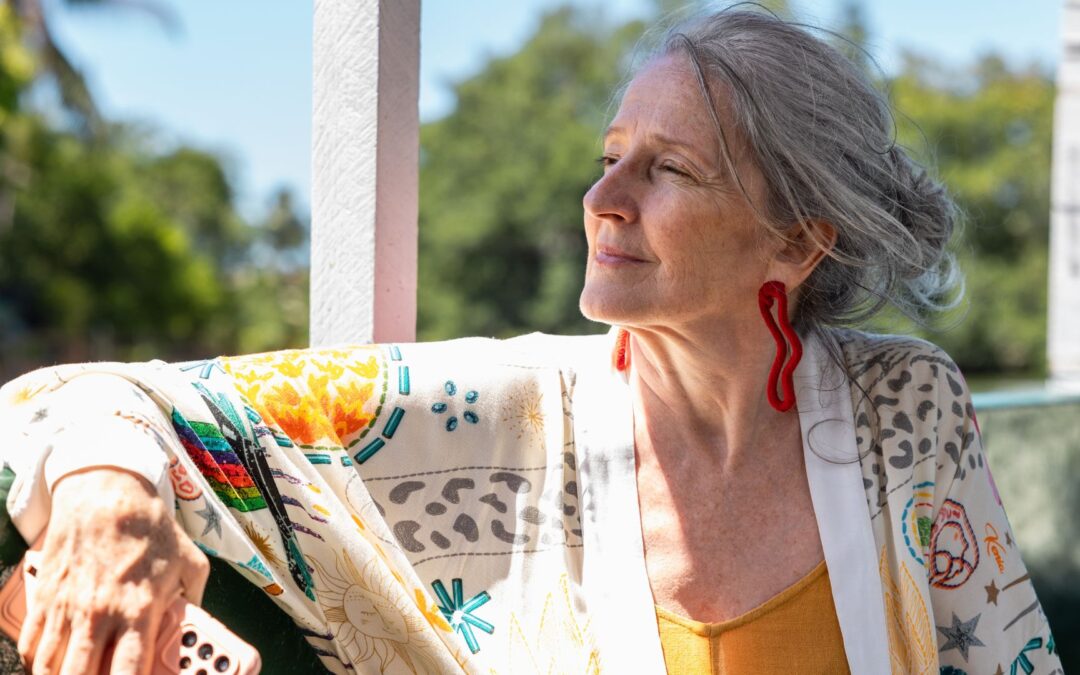In my last blog, we met Isaac, a 75-year-old, self-confessed extrovert. Isaac has been retired for ten years and life now, by his own admission, is far busier than it ever was when he was in work. His friend, Estelle, however, has a very different personality type. As an introvert, she didn’t fear retirement in the way Isaac did. She thought she would be happy in her own company, with the freedom to pick and choose her social engagements. But was she?
It’s not all black and white
Before we delve a little deeper into Estelle’s retirement life, it’s useful to think about the ways we define extroverts and introverts. Research shows that once an introvert, you’re probably always an introvert. And psychologists say we become more introverted as we age – they call this ‘intrinsic maturation’. If we take the dictionary definition, an extrovert is ‘an outgoing, socially confident person’, whilst an introvert is ‘a shy reticent person.’ But, as we well know, life is rarely that black and white.
A better way of looking at things, in my opinion, is to think about where we get our energy from, which is reflected in Myers Briggs Type Indicator which many organizations use. Extroverts get energy from being around others. They are the life and soul of the party and love being in a tribe. Introverts meanwhile can feel intimidated in social circles and crave time on their own. This doesn’t mean that they wish to live a life of solitude. They need people, just not as many – and not as much. I love this quote from Susan Cain’s book ‘Quiet’:
“Introverts may have strong social skills and enjoy parties and business meetings, but after a while wish they were home in their pajamas. They prefer to devote their social energies to close friends, colleagues, and family. They listen more than they talk, think before they speak, and often feel as if they express themselves better in writing than in conversation.”
Just join the gym
Estelle agrees with Susan’s definition, which she says, “completely sums me up.” She goes on, “I was looking forward to having peace and quiet when I left work, being able to spend time on my own without feeling guilty or worrying that I was missing out. To be honest, I dreaded the endless meetings, the public speaking and the relentless social events at work and thought retirement was the answer.” Sadly, for Estelle, and hundreds of thousands of other retirees I imagine, this way of approaching retirement wasn’t conducive to a fulfilling life.
“I soon realized that I didn’t want to be alone”, explains Estelle. “I needed people, but not just anyone. I wanted a social circle I felt close to, who understood me, and who accepted that I wouldn’t say yes to every invitation that came my way.”
Estelle admits that she also needed “a little push” to try new things and broaden her horizons. “My friend kept asking me to join the gym and whilst I love being active, I wasn’t sure. But she wouldn’t give in, she’d invite me to members’ events, tell me how much fun she was having there and eventually, she turned up with a month’s guest pass. I really couldn’t say no!”
Doing yoga, pilates, and keep fit classes was “the best thing I ever did,” admits Estelle. “I’ve become even closer to that particular friend, and met a small group of really lovely, and likeminded people.” And, she admits, “it also gave me the confidence to join other groups too. I no longer feel lonely, and yet, I don’t feel completely overwhelmed either.”
Not all plain sailing
Of course, as with any life transition, it hasn’t all been plain sailing for Estelle. Yes, she found the drive to move out of her comfort zone, but she still fears taking on those big adventures that I urge all retirees to take. “I desperately want to do new and ‘wild’ things – I book holidays, excursions, and group trips with friends knowing that when the time comes to do them, I will be absolutely filled with dread, and will want to talk myself out of going on them at all.” Estelle’s experience is common amongst introverts. They have to work especially hard to get the most out of retirement, constantly telling themselves that the reward will be worth the effort.
Finding balance
That’s not to say, for a second, that I suggest the more introverted amongst us spend every day of our retirement lives having a battle with our inner selves. That would just be crazy and not conducive to a life well lived. Introverts must accept that they need the time and space to be alone, whilst ensuring that they don’t spend too much time in their own company and with their own thoughts.
Life is about balance, and whether your personality type is introverted or extroverted, it’s all about finding it. You won’t get it right immediately, you may never find the perfect equilibrium, but all of us must at least try. If you would like some help defining what your retirement will look like as an introvert, please get in touch.
- My 2024 Adventure: Around The World In 80 Days - December 1, 2023
- Change In Retirement – Embracing The Challenges - November 20, 2023
- Change And Why We Fear It - November 9, 2023
